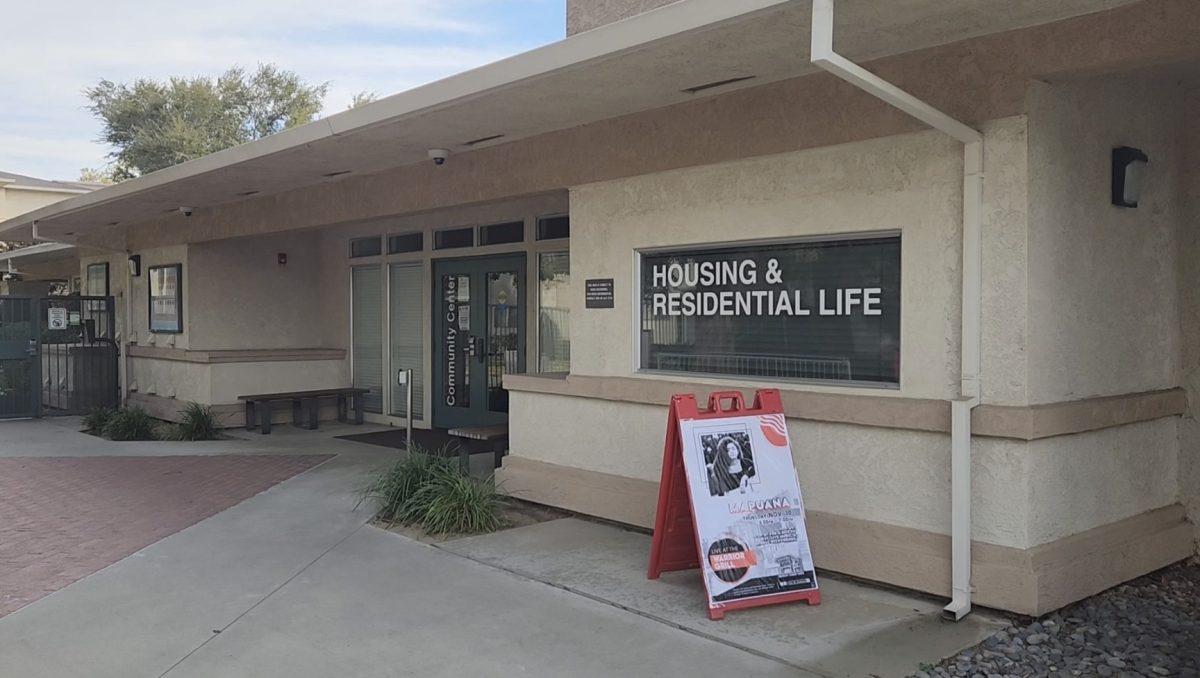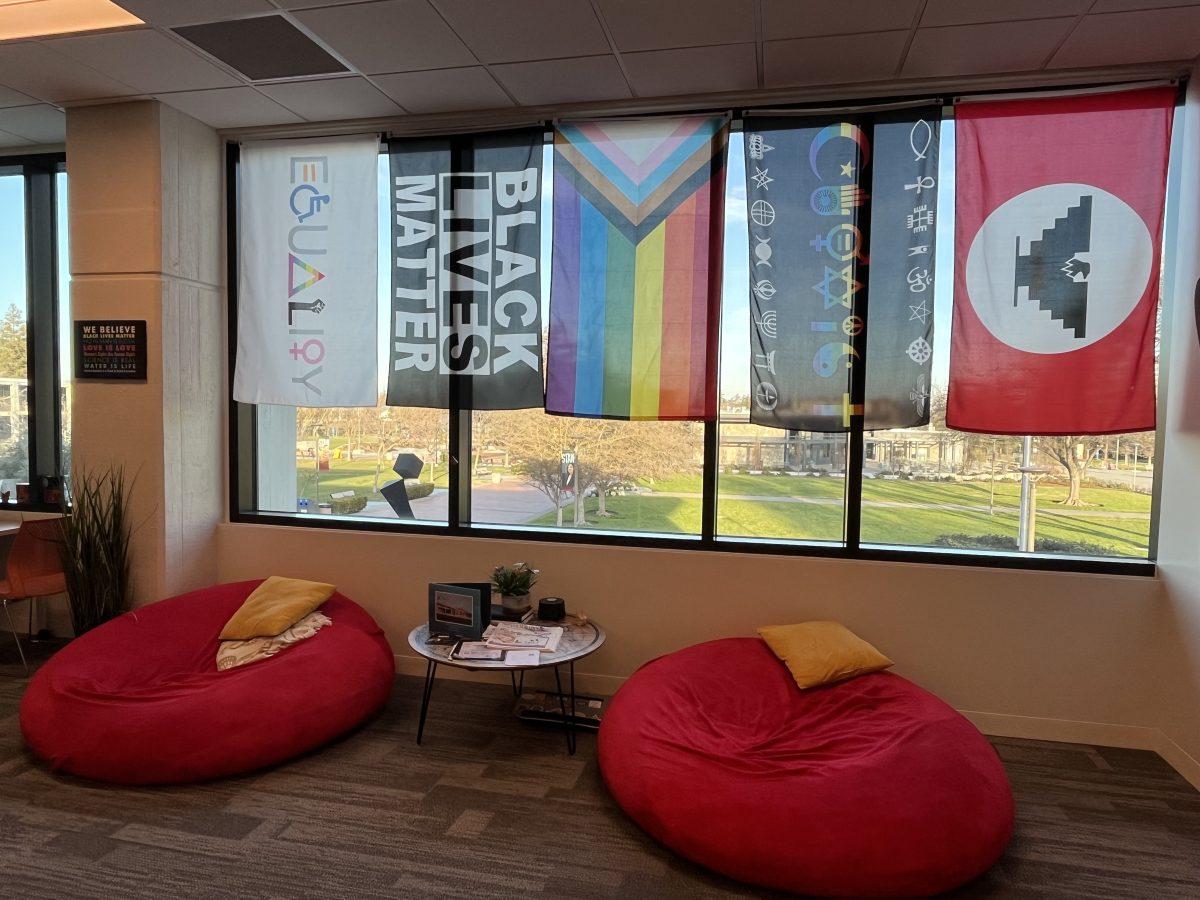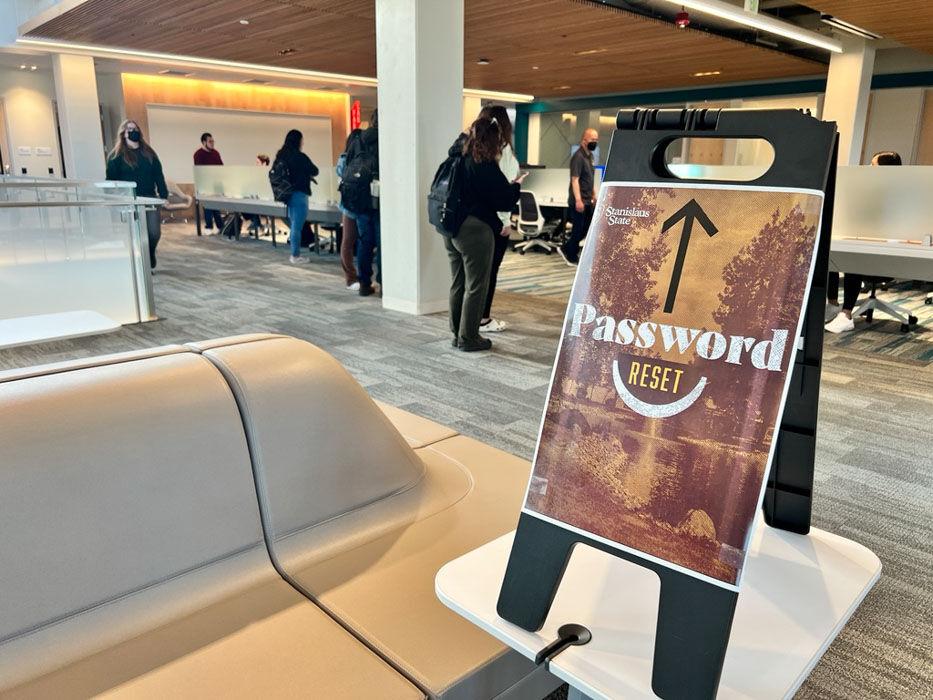How is a relationship like a college course?
The two are more alike than you might think, which is a good thing because any piece of knowledge that can’t be used to vanquish multiple problems probably won’t stick.
Here are a few reasons why class isn’t much different than a relationship.
1. Read your textbook
Don’t worry, I’m not going to suggest that you read some insane self-help book. By “textbook,” I mean, read your partner. They will tell you who they are if you listen.
One of my favorite Palahniuk quotes reads, “Your handwriting. The way you walk. Which china pattern you choose. It’s all giving you away.
“Everything is a self-portrait. Everything is a diary.”
Before I get sued, I’m not suggesting that you read their diary either.
I am suggesting that partners should get to know one another.
From worst fears to favorite flowers, from how they play pool to how they handle criticism from the dentist.
Knowing the intimate details that make up your partner’s character will prepare you well for exam days, i.e. the times in the relationship where all anybody wants to do is hide out with someone who knows everything about them – and loves them anyway.
Mutual self-disclosure is the glue that holds people together.
Listening isn’t the only hat trick in the room though; be willing to offer up your own details. Not just the ones that make you look cool, either. Real exchange means revealing embarrassing and vulnerable stories too.
2. Read the syllabus
Class syllabi are awesome. They are almost always pre-written and non-negotiable.
The “syllabus” of a relationship is a little more complex because two people have to write it as they go. Keep at it though, eventually patterns start to emerge.
What is expected, what is tolerated, how information exchanges take place – all of these things are in a syllabus.
Only when we’re talking about a relationship, they’re known as constitutive rules and regulative rules.
These rules exist to help us understand what’s important and what’s not. As with classes, some things are more important than others.
3. Do the extra credit
Life happens: emergencies, illnesses, making stupid mistakes, etc. Having a buffer is always a good idea.
And on that note,
4. Don’t let things pile up
Letting resentments pile up is as bad as procrastination. No one can write five papers in two weeks, and no relationship can survive with mass amounts of unresolved conflicts lying under the rug.
In the same way that homework should be tackled while it’s fresh, so should grievances. I tend to wait an hour or two, just to make sure that I’m not overreacting.
After that though, it’s important to hammer out differences (civilly!). Even if the result is a decision to respect a difference of opinion, at least it’s dealt with.
5. Take time away from your studies
All school and no play is a terrible way to live. If breaks weren’t necessary for academic wellness, they wouldn’t be programmed into our school schedules.
Again, the same thing holds true for relationships. Taking time for you makes a stronger bond.
Going out with friends or pursuing individual interests gives partners a chance to miss each other. It’s a good idea, trust me on this one.
That being said, I’ll miss you all. This is my last column writing as the Distress Signal. I’ve enjoyed every minute, but I’m signing off before I get old.
Best wishes and wear a condom!
The Distress Signal
Categories:
Things you learned in college that will continue to apply
By Melisa Koessel
•
May 14, 2014
0
More to Discover






